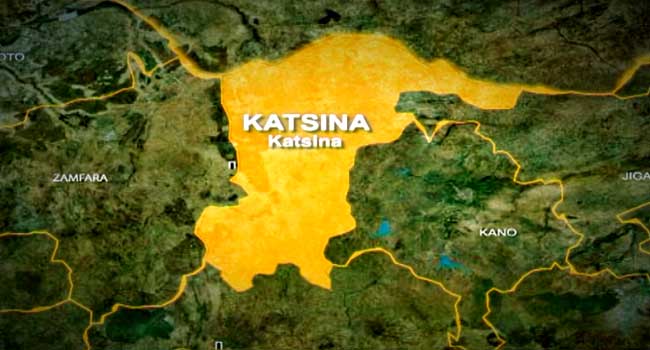The Katsina State Government has formally requested the cancellation of the recent West African Examination Council (WAEC) English language examination due to significant disruptions that delayed its commencement nationwide. The delay, attributed by WAEC to enhanced security measures against examination malpractice, specifically the prevention of question paper leaks, caused considerable hardship for students across the country, particularly in Katsina State. The Commissioner for Basic and Secondary Education, Hajiya Zainab Musa-Musawa, announced the state’s position during a visit to the WAEC office in Katsina, emphasizing the negative impact the delays had on students who were forced to write the examination under inadequate lighting conditions. This official stance follows a petition submitted by the ministry’s Permanent Secretary, Hajiya Ummukhair Ahmed, detailing the challenges faced by students in Katsina. The call for cancellation underscores the state government’s concern for the fairness and integrity of the examination process, arguing that the disruptions significantly compromised the ability of students to perform at their best.
The core issue revolves around the significant delay in the commencement of the English language examination, a crucial component of the WAEC assessments. While WAEC has cited increased security measures as the reason for the delay, the Katsina State Government contends that these measures, while well-intentioned, resulted in unforeseen and unacceptable consequences for the students. The extended wait time and the subsequent necessity to conduct the examination under improvised lighting conditions, using torchlights, mobile phone lights, and security lights, created an environment far from conducive to optimal performance. The state government argues that these suboptimal conditions placed undue stress on students and potentially compromised the validity of the examination results. This concern for the students’ well-being and the integrity of the examination process forms the basis of their call for cancellation and a potential re-administration of the English language paper.
The petition submitted by the Permanent Secretary of the Ministry of Basic and Secondary Education details the specific hardships faced by students in Katsina State due to the examination delays. It highlights the extended waiting period, the lack of adequate lighting arrangements, and the overall disruption to the examination process. The petition likely emphasizes the psychological impact of these challenges on students, arguing that the stressful and unusual circumstances could have negatively affected their performance. Furthermore, the petition may also raise concerns about equity and fairness, suggesting that the uneven implementation of security measures across different examination centers could have created an uneven playing field for students. By formally documenting these grievances, the Katsina State Government aims to provide concrete evidence to WAEC, supporting their call for cancellation and highlighting the need for a more considered and equitable approach to examination security.
The Katsina State Government’s decision to publicly call for the cancellation of the examination reflects their commitment to ensuring a fair and equitable assessment process for their students. By bringing this issue to light, they are advocating for the well-being of their students and highlighting the importance of creating a conducive environment for examinations. The state government’s stance also underscores the need for a balance between implementing robust security measures to prevent malpractice and ensuring that these measures do not inadvertently disadvantage students. The call for cancellation is not simply a reaction to the delays but a proactive step to address the broader issue of ensuring that examination conditions are standardized and conducive to fair assessment, allowing all students to demonstrate their true academic abilities without undue stress or disadvantage.
The implication of this situation extends beyond the immediate concern of the delayed examination. It raises broader questions about the effectiveness and fairness of WAEC’s security measures and their potential impact on students’ performance. The incident also highlights the importance of effective communication and coordination between examination bodies and relevant stakeholders, including state governments, schools, and parents. A more proactive and collaborative approach to addressing examination security challenges could potentially mitigate such disruptions in the future. Furthermore, this situation underscores the need for contingency plans to address unforeseen circumstances during examinations, ensuring that students are not unduly penalized for situations beyond their control.
The Katsina State Government’s call for cancellation and their subsequent engagement with WAEC will likely initiate a broader discussion on examination procedures and the need for enhanced communication and collaboration. This dialogue is crucial for developing strategies that balance the need for security with the imperative of creating fair and equitable examination conditions for all students. The outcome of this situation will likely influence future examination procedures and could lead to improvements in the administration of these crucial assessments, ultimately benefitting students across the region. The focus now shifts to WAEC’s response and the subsequent discussions surrounding the petition, the potential for cancellation, and the development of future strategies to ensure the smooth and equitable conduct of examinations.













